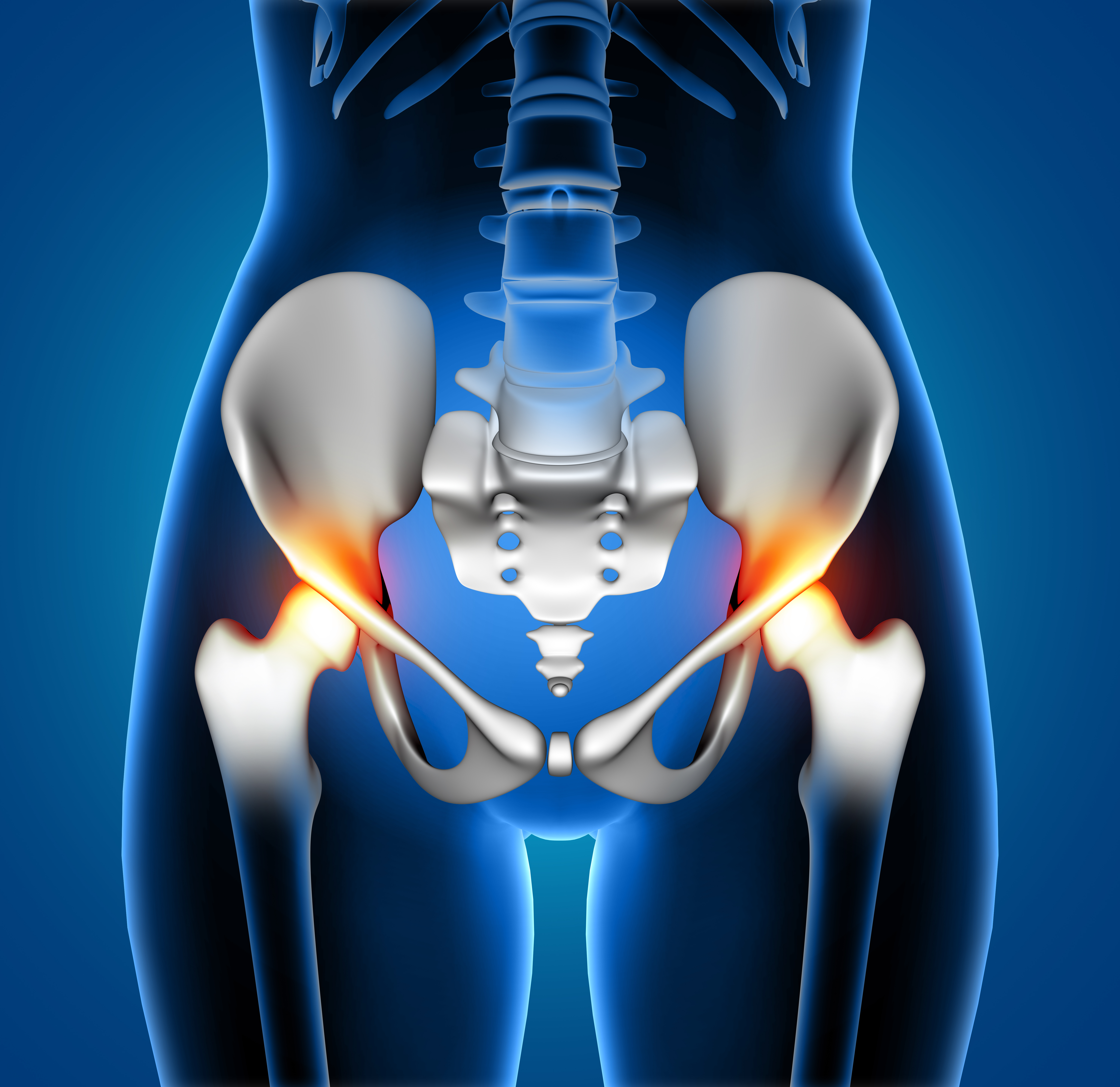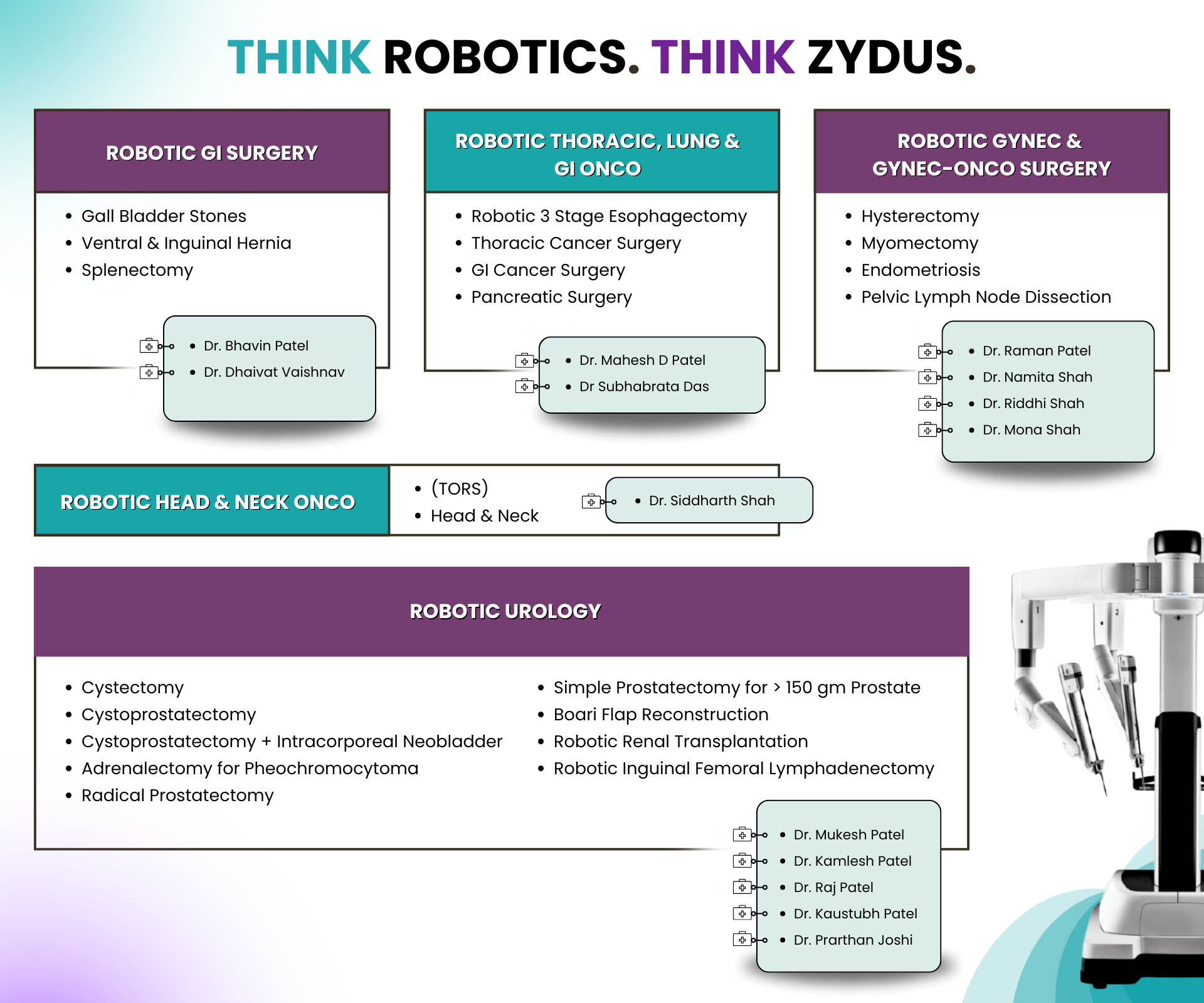
Hip Replacement Surgery
- Medical Specialities
- Orthopaedics, Trauma & Joint Replacement
- Hip Replacement
-
Hip Replacement
-
Long-Term Joint Relief Through Effective Orthopaedic Surgery
-
Hip replacement surgery provides a long-term solution for damaged hip joints, offering relief from pain, increased mobility, and improved quality of life. When the hip joint is beyond repair due to wear or trauma, a hip joint replacement is often the most effective treatment.
-
Types of Hip Replacement
- Total hip replacement involves replacing both the ball and socket components of the hip joint. In this procedure, the upper part of the thigh bone (femur) is removed and replaced with a metal shaft topped with a smooth ball that fits into a newly implanted socket in the pelvis.
- Hip resurfacing surgery, on the other hand, replaces only the surface of the joint, preserving more of the natural bone structure. This approach may lead to faster recovery in suitable cases.
-
Why It Should Be Done
-
Hip replacement is typically recommended when the hip joint cannot function adequately and non-surgical treatments are no longer effective. Common causes include osteoarthritis, rheumatoid arthritis, fractures of the thigh-bone neck, avascular necrosis, and developmental dysplasia of the hip.

-
Possible Complications
- Loosening of the joint, which usually occurs 10-15 years after surgery. Another operation (revision surgery) is necessary in around 5-10% of all total hip replacement cases.
- Infection can be reduced by using antibiotics at the time of surgery and by using ‘clean air ventilation’ in Operation Theatre. Deeper infection is serious and requires removal and re-implantation of the joint.
- Blood clots can form in the deep veins of the leg (deep vein thrombosis) due to reduced movement, but can be prevented using special stockings, exercises and medications.
- Dislocation - in a small number of cases, the artificial hip can come out of its socket. It can be replaced under anaesthetic, but repeated problems require further surgery.
- Joint stiffness - also known as ossification, the soft tissues can harden around the implant, causing reduced mobility. This is not usually painful and can be prevented using medication, or radiation therapy.
-
Recovery
-
People who undergo Hip Replacement Surgery, are able to climb stairs and leave hospital within six to ten days. Patients should avoid high impact activities but will be encouraged to walk and follow a gentle exercise programme for some time. Later they can live a normal life.
-
If you’re ready to regain mobility and reduce hip pain, our best hip replacement surgeon in Ahmedabad is committed to guiding you through the process with clarity, care, and expertise.

Search Doctor / Diseases
The Transplant Center of Gujarat
-
LIVER TRANSPLANT
-
200+ successful transplants done
-
A full-time dedicated team of 20+ members of Liver Transplant Surgeons, Hepatologists, Intensivists and Anaesthetists
-
Exclusive Class 100 Modular Liver OT and Liver ICU with strong infection control standards
-
KIDNEY TRANSPLANT
-
300+ successful transplants completed by the experienced and dedicated team of Senior Consultants in Nephrology and Urology
-
State-of-the-art 50 bed advanced Dialysis Centre with facilities for CRRT, SLED, HDF and CytoSorb
-
HEART TRANSPLANT
-
Highly experienced team of Heart Transplant Surgeons and Cardiologists
-
State-of-the-art infrastructure with exclusive Cardiac Critical Care Unit, ECMO Facility, Advanced Cath Lab and Left Ventricular Assist Device (artificial heart) Facility
-
BONE MARROW TRANSPLANT
-
200+ Haematopoietic Stem Cell Transplants at hi-tech BMT Unit
-
Highly experienced Haematologist, Intensivists and BMT-trained Staff, supported by Radiation Oncology Department with TBI treatment


